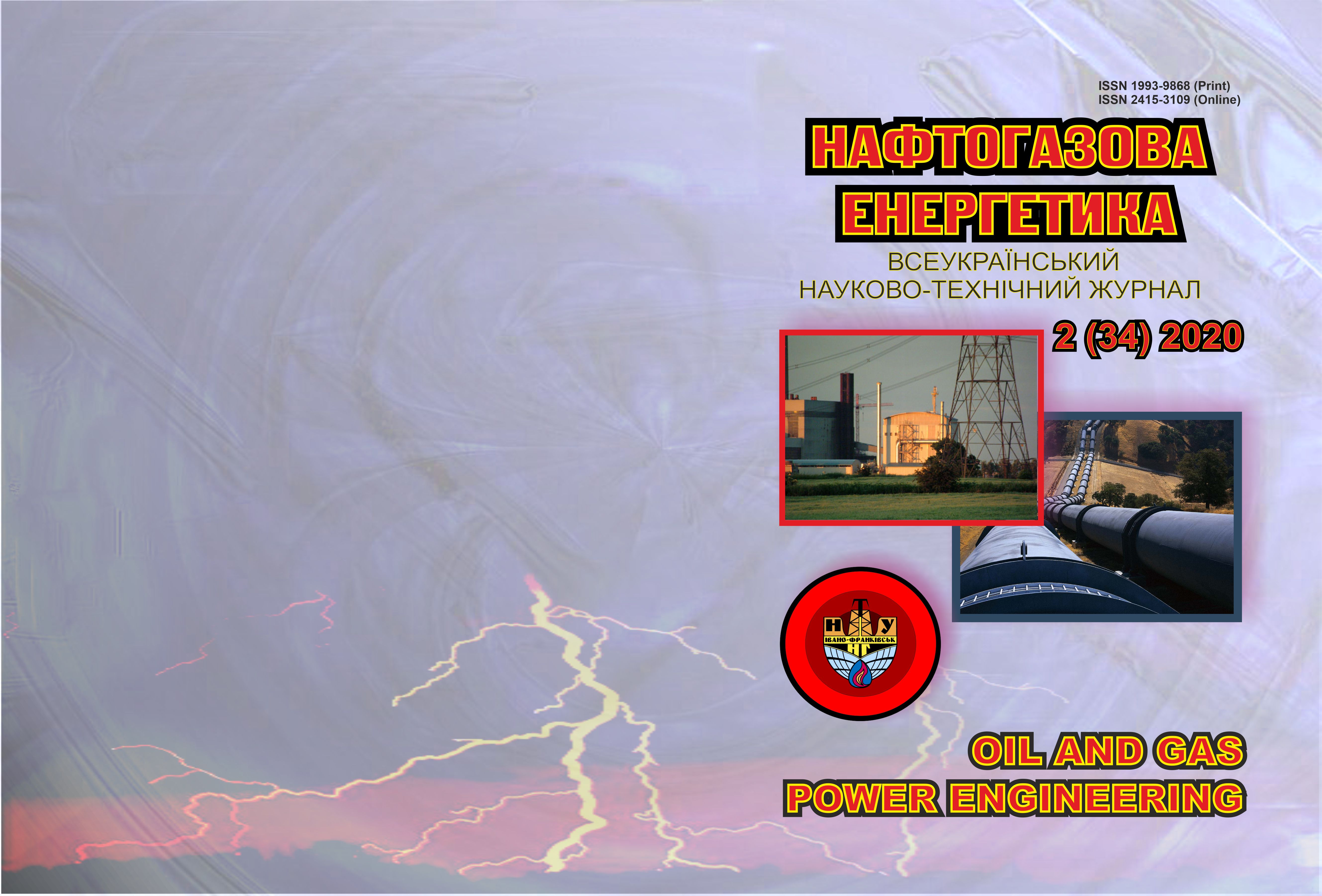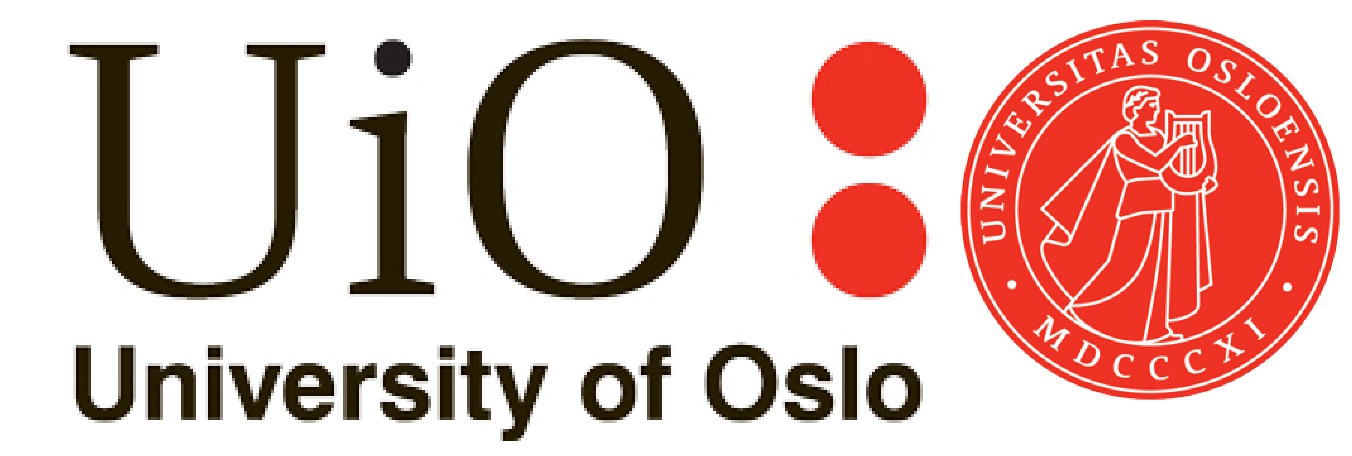Investigation of hydrodynamic parameters and modernization of PDC drill bit elements
DOI:
https://doi.org/10.31471/1993-9868-2020-2(34)-46-55Keywords:
well, bit, bottom hole, hydrodynamic parameter, simulation, pressure, velocity, vorticity, drilling mud.Abstract
The rapid development of well construction technologies is inherently associated with the improvement of the technology that is used in this case. Tools of a new generation - bits with diamond cutters (PDC) - are widely used, in which technical and economic indicators are significantly better than roller cone bits. Although their design is well developed, the issue of optimizing the operation parameters of jetting nozzles, the design features of which
determines the efficiency of well construction, remains relevant. Despite the effectiveness of the existing design of PDC bits, the study of hydrodynamic parameters was carried out using simulation modeling. Such a study makes it possible to assess the hydrodynamic parameters of the bit, develop recommendations for their improvement, which in turn will improve the efficiency of well construction in general. Computer programs designed for simulation of hydrodynamic processes make it possible to determine the necessary parameters with great reliability. However, the accuracy of the obtained result will depend not only on the settings of the grid of finite volumes, the number of iterations, but also on the initial data. Therefore, in the calculation model, in addition to the main parameters, such as the flow rate of the drilling fluid, the pressure at the bottom of the well, the bit rotation frequency, density, temperature and model of the drilling fluid viscosity, the roughness of the surfaces of both the bit and the walls, and the bottom of the well are taken into account. As a result of simulation, the drawbacks of the existing designs of PDC bits were identified, which can be eliminated using the proposed design of the jet nozzle, which: creates a large vorticity of the fluid flow, which positively affects the capture and removal of cuttings; makes it possible to regulate the direction of fluid movement (especially important for nozzles that are located farther from the bit axis), which will improve the removal of cuttings and, accordingly, will prevent it from re-entering the bottom
Downloads
References
Gusman A.M., Mitelman B.I. Eksperimentalnoe issledovanie vliyaniya shemyi i rezhima promyivki zaboya na vyinos shlama iz zonyi dolota. Trudyi VNIIBT. Gidravlika v burenii. 1979. Іssue. 48. [in Russian]
Mavlyutov M.R. Razrushenie gornyih porod pri burenii skvazhin. M.: Nedra, 1978. 215 p. [in Russian]
Loytsyanskiy L.G. Mehanika zhidkosti i gaza: Ucheb. dlya vuzov. M.: Drofa, 2003. 840 p. [in Russian]
Biletskyi Ya.S., Seniushkovych M.V., Mykhailiuk V.V., Savchuk N.M. Burova holovka z riznooriientovanymy hidromonitornymy nasad-kamy. Pozytyvne rishennia na vydachu patentu na korysnu model vid 21.08. 2020. [in Ukrainian]
Downloads
Published
How to Cite
Issue
Section
License
Copyright (c) 2020 Oil and Gas Power Engineering

This work is licensed under a Creative Commons Attribution-ShareAlike 4.0 International License.


.png)






1.png)









